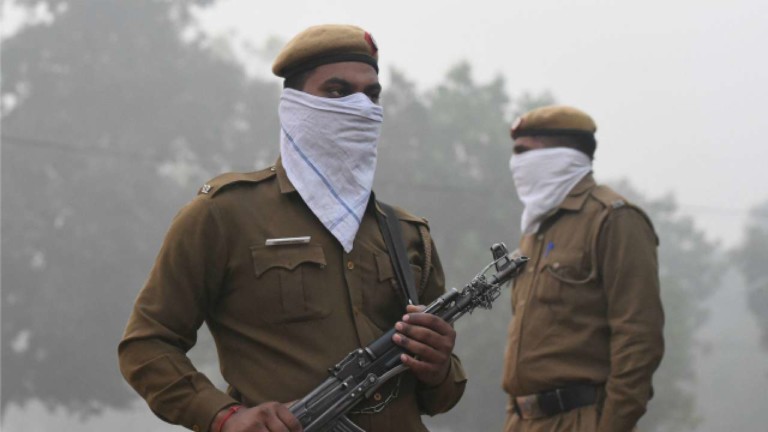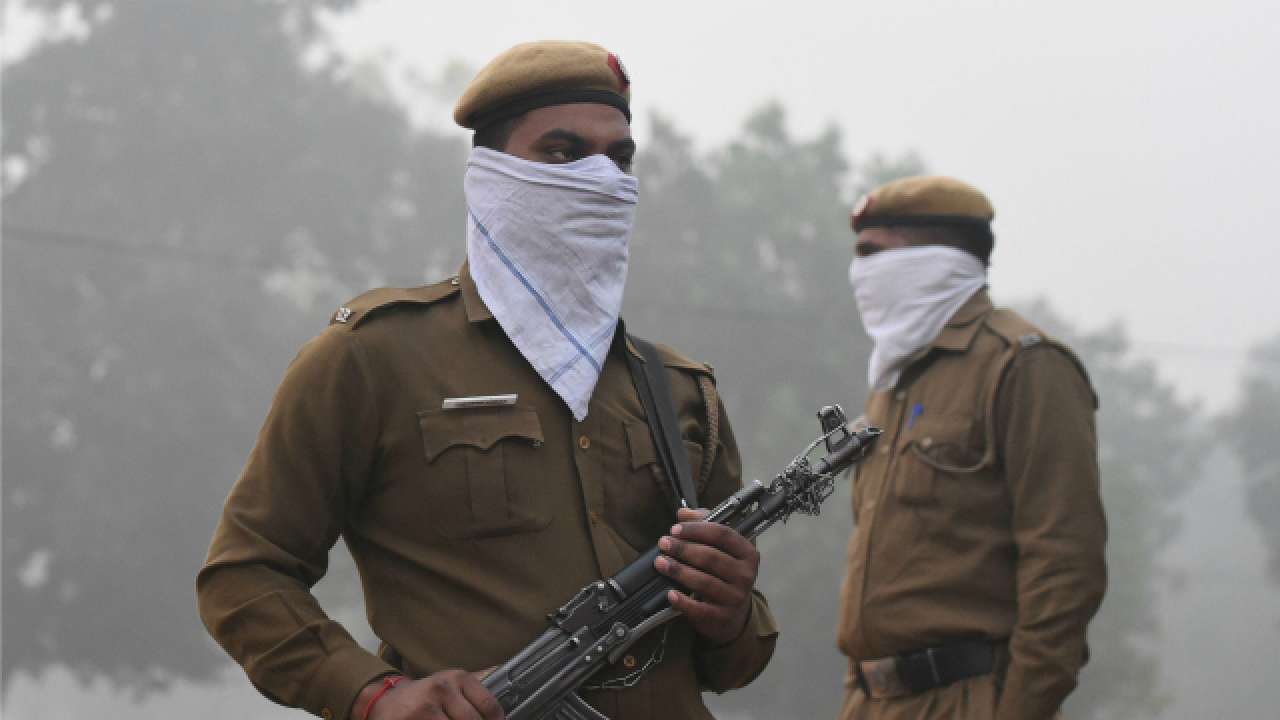 NEW DELHI: The Environment Ministry is likely to come out with its National Clean Air Program (NCAP), which proposes multiple strategies to combat air pollution, next month, a top environment ministry official has said.
NEW DELHI: The Environment Ministry is likely to come out with its National Clean Air Program (NCAP), which proposes multiple strategies to combat air pollution, next month, a top environment ministry official has said.
This comes as the air quality in the national capital deteriorated to the “very poor” category.
The key components of the NCAP include city-specific air pollution abatement action plans for 100 polluting cities of the country, increasing the number of monitoring stations, data dissemination, public participation on planning and implementation.
Greenpeace India said in a statement that an Environment Ministry official had also given a presentation regarding this at a conference on air pollution and health by the World Health Organization (WHO) in Geneva.
Although the top Environment Ministry official confirmed that an Indian delegation took part in the meet, he could not give details about the presentation.
Greenpeace India said while presenting on air pollution, Environment Deputy Secretary Satyendra Kumar assured that the country would have a comprehensive, time-bound and target reduction plan by December 2018.
The green body said the acknowledgement that air pollution is causing a health emergency at the international platform by the Environment Ministry is a good thing but a lot of time has been wasted to acknowledge it.
“After the Environment Ministry MoEFCC presentation, I want to believe that now Dr Harsh Vardhan and Environment Ministry will enforce the National Clean Air Program without any further delay,” Sunil Dahiya, senior air pollution campaigner, Greenpeace India, said.
“The program has been in discussion since October last year and despite coming up with a draft plan in April 2018, the ministry continues to sit on it,” he added.
Dahiya said despite knowing all the polluting sources, from industries, power plants and transport systems to episodic events like stubble burning and Diwali, there seemed to be an absolute lack of synchronization between the policies and their implementation.
“Even if the NCAP is enforced, its compliance is going to be a large bottle neck. Looking at how the public health emergency has been dealt with in the past years, the talks must translate into action.
“The way the Ministry has been shying away from announcing the clean air plan, we really anticipate an aggressive, time-bound and target-oriented NCAP to achieve clean air and a breathable India,” he added. PTI







